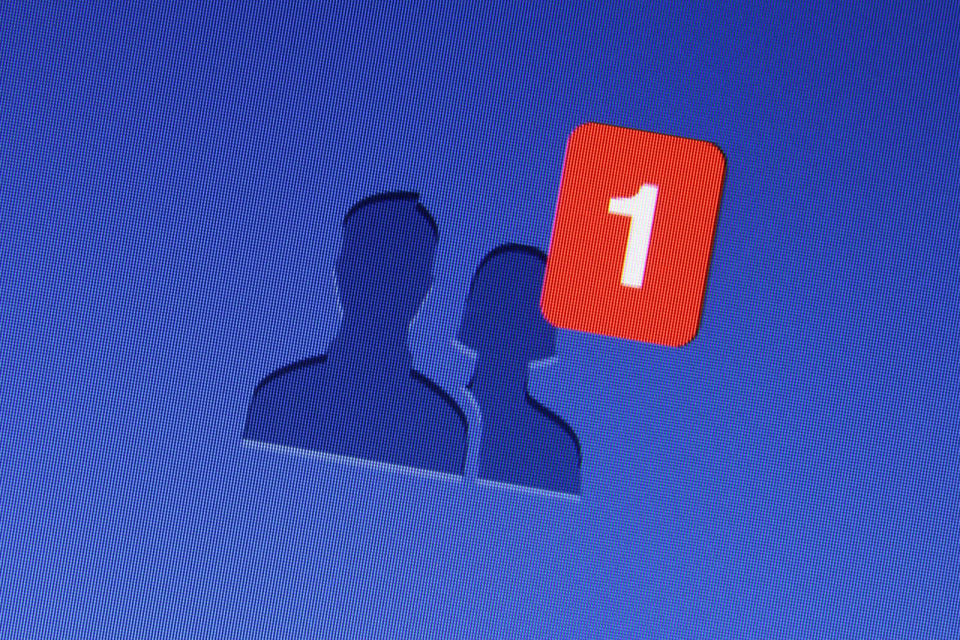Facebook gave researcher anonymized data on 57 billion friendships
The dataset included every friendship made on Facebook in 2011.
The Guardian reports today that Cambridge University researcher Aleksandr Kogan's relationship with Facebook wasn't limited to his now infamous "thisisyourdigitallife" app. He had actually also received an additional sizable chunk of data from Facebook that he used for a research paper published in 2015. This dataset, however, differs quite a bit from that collected through Kogan's personality app. While large in volume, this other set was anonymized and aggregated with no personally identifiable information included. As the 2015 research paper states, the data included "every friendship made on Facebook in 2011 in every country in the world at the national aggregate level," which summed up to over 57 billion friendships.
Again, this situation is very different from the Cambridge Analytica scandal. While a smaller, separate set of data used in the paper was collected through a Facebook app, the aggregated friendship data were provided by Facebook. And two of the authors of the paper were Facebook employees. So it's not so much that this particular situation signals any wrongdoing on the part of Kogan, but instead highlights the fact that Facebook may have been more involved with the researcher than it would like people to think. "The sheer volume of the 57 billion friend pairs implies a pre-existing relationship," Jonathan Albright, research director at the Tow Center for Digital Journalism, told The Guardian. "It's not common for Facebook to share that kind of data. It suggests a trusted partnership between Aleksandr Kogan/Spectre and Facebook."
Facebook suspended Kogan just ahead of the slew of reports detailing Cambridge Analytica and Kogan's use of its users' data, but Kogan has stated that he believes he's being used as a scapegoat by both companies. "We made clear the app was for commercial use -- we never mentioned academic research nor the University of Cambridge," Kogan wrote in an email to his university colleagues. "We clearly stated that the users were granting us the right to use the data in broad scope, including selling and licensing the data. These changes were all made on the Facebook app platform and thus they had full ability to review the nature of the app and raise issues. Facebook at no point raised any concerns at all about any of these changes."
Mark Zuckerberg finally broke his silence on the situation yesterday in both a Facebook post and a CNN interview.



